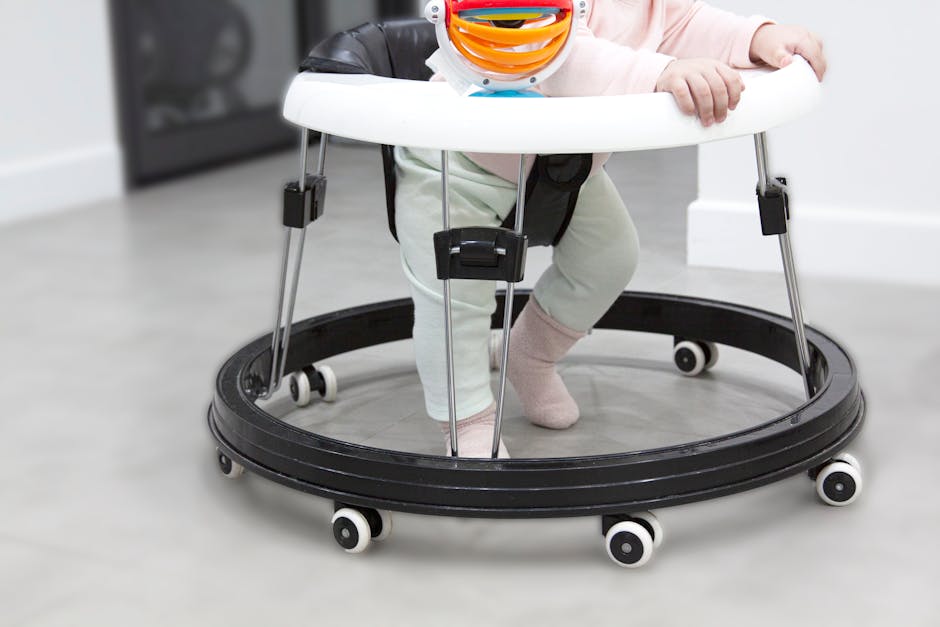The Role of Toys in Child Development
In a world where child development is of paramount importance, toys play a critical role. They are not just objects of amusement but also essential tools that contribute significantly to the physical, cognitive, emotional, and social development of children. In this blog post, we will explore the multifaceted benefits of toys, backed by statistics and expert opinions, and provide actionable tips for parents to choose the right toys for their children.
Understanding the Importance of Toys
Toys are more than mere playthings; they are the building blocks of a child’s future. According to a study by the American Academy of Pediatrics, play is a fundamental component of a child’s development. Toys stimulate creativity, enhance motor skills, and foster social interaction.
Physical Development
Physical development in children is crucial for their overall health and well-being. Toys such as building blocks, puzzles, and sports equipment help enhance fine and gross motor skills. For instance, building blocks improve hand-eye coordination and spatial awareness, while playing with a ball improves balance and coordination.
According to a study published in the Journal of Physical Activity and Health, children who engage in physically active play are more likely to maintain a healthy weight and develop strong bones and muscles. Therefore, incorporating toys that encourage physical activity is essential for a child’s growth.
Cognitive Development
Cognitive development is another critical area where toys make a significant impact. Educational toys such as puzzles, memory games, and building sets promote problem-solving skills and enhance memory. For example, puzzles challenge a child’s thinking and improve their ability to understand patterns and relationships.
Research from the National Association for the Education of Young Children (NAEYC) indicates that children who play with educational toys exhibit better problem-solving skills and higher IQ levels. Introducing toys that stimulate cognitive development can give children a head start in their educational journey.
Emotional and Social Development
Toys also play a pivotal role in emotional and social development. Dolls, action figures, and role-playing games allow children to express their emotions and understand the perspectives of others. This type of play fosters empathy and improves communication skills.
Studies have shown that children who engage in pretend play with toys are more likely to develop strong social skills and emotional intelligence. For example, a study by the University of Southern California found that children who engage in role-playing games exhibit higher levels of empathy and cooperation.
Choosing the Right Toys
With a plethora of toys available in the market, choosing the right ones can be overwhelming for parents. Here are some actionable tips to help you select toys that will benefit your child’s development:
Age-Appropriate Toys
Ensure that the toys you choose are suitable for your child’s age. Age-appropriate toys are designed to match a child’s developmental stage and capabilities. For instance, teething toys are perfect for infants, while interactive tablets are more suitable for older children.
Educational Value
Opt for toys that offer educational value. Look for toys that challenge your child’s thinking, improve their problem-solving skills, and promote creativity. Examples include STEM kits, which encourage an interest in science, technology, engineering, and mathematics.
Safety First
Safety should always be a priority when selecting toys. Ensure that the toys are made from non-toxic materials and do not have small parts that could pose a choking hazard. Additionally, check for safety certifications and read reviews from other parents to ensure the toy’s safety.
The Role of Parents in Guided Play
While toys are essential for child development, the role of parents in guided play cannot be overstated. Engaging with your child during playtime not only strengthens the parent-child bond but also enhances the developmental benefits of the toys.
Interactive Play
Interactive play involves parents participating in play activities with their children. This type of play fosters communication and social skills. For example, playing a board game together can teach your child the importance of taking turns and following rules.
Encouraging Creativity
Encourage your child to use their imagination and creativity during playtime. Provide them with open-ended toys such as arts and crafts supplies, which allow them to create and explore without limitations. This type of play helps develop critical thinking and problem-solving skills.
Conclusion
In conclusion, toys play a vital role in the holistic development of children. They contribute to physical, cognitive, emotional, and social growth. By choosing the right toys and engaging in guided play, parents can significantly enhance the developmental benefits for their children. As we have highlighted, toys are not just for entertainment; they are essential tools that shape the future of our children. So, the next time you consider buying a toy, remember its potential impact on your child’s development and make an informed choice.
